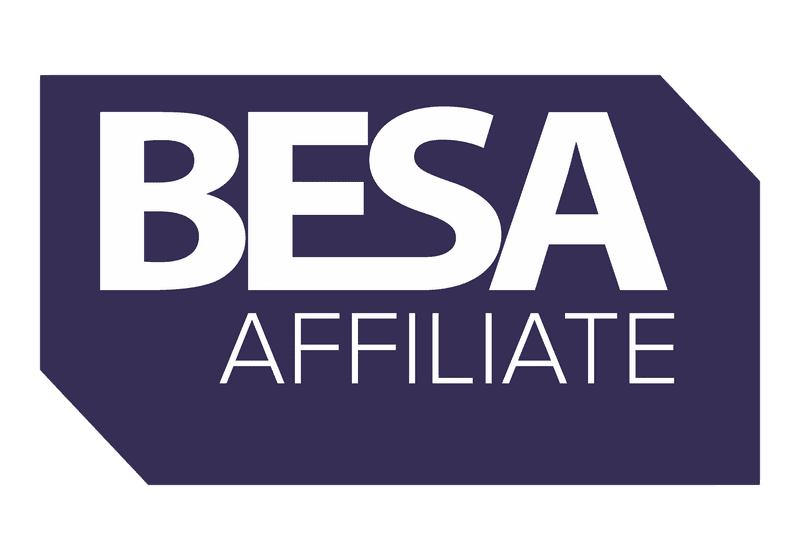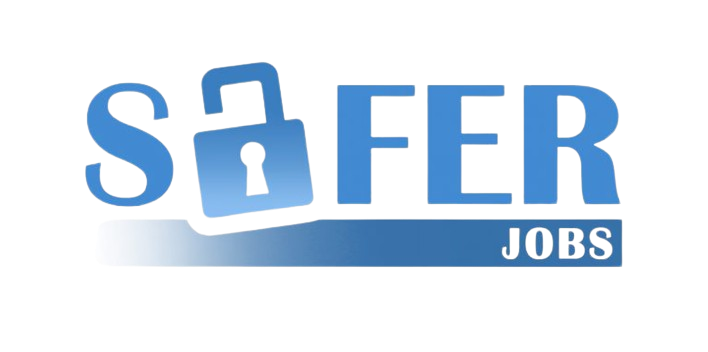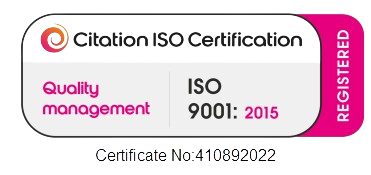Remote Work in 2025: Building and Managing a Distributed Workforce
The landscape of work in Building Services is shifting dramatically. Gone are the days when remote work was just a nice-to-have perk - it's now fundamental to how many companies operate, even in traditionally hands-on sectors like Fire & Security, HVAC, and Water Systems.
As we look towards 2025, let's explore how companies can adapt their approach to hiring and retaining talent in this evolving environment.
Understanding What Makes Remote Teams Tick
Remote working in Building Services presents unique challenges. While engineers might need to be on-site, many technical roles - from designers to project managers - can now work effectively from anywhere. This hybrid reality requires a fresh approach to team management.
Key considerations for success:
-
Technology that actually works: Skip the fancy bells and whistles. Focus on reliable tools that help your team collaborate effectively, whether that's straightforward project management software or dependable video conferencing.
-
Clear communication channels: Everyone needs to know where to find information and who to ask for help. Set clear guidelines about which platforms to use for what purpose - avoid the dreaded "message got lost in the chat" syndrome.
-
Boundaries matter: Remote work shouldn't mean being available 24/7. Help your team establish healthy work-life boundaries, particularly important when managing international projects across time zones.
Attracting Remote Talent: Standing Out in a Crowded Market
The competition for skilled professionals in Building Services is fierce. When you're hiring for remote positions, you're not just competing locally anymore - you're up against companies nationwide, sometimes even globally.
To attract the best candidates:
-
Be crystal clear about expectations: If a role requires occasional site visits or specific hours for client meetings, say so upfront. Nobody likes surprises after they've accepted a job offer.
-
Show them the path forward: Remote workers often worry about being "out of sight, out of mind" when it comes to promotions. Outline clear career progression opportunities and how you support professional development.
-
Culture isn't just for the office: Demonstrate how you maintain company culture in a remote setting. Share specific examples of how your team collaborates and maintains connections virtually.
Managing Remote Teams: Beyond the Basics
Managing remote teams in Building Services requires more than just regular Zoom calls. It's about creating an environment where people can do their best work, regardless of location.
Essential strategies:
-
Regular check-ins that matter: Make one-on-one meetings count. Focus on meaningful discussions about projects, challenges, and career development - not just status updates.
-
Tools that serve a purpose: Choose collaboration tools based on what your team actually needs, not just what's trending. Sometimes a simple shared spreadsheet works better than a complex project management system.
-
Open dialogue: Create multiple channels for feedback and discussion. Some team members might prefer speaking up in group meetings, while others communicate better through written channels.
Keeping Remote Workers Engaged for the Long Haul
Engagement isn't just about virtual happy hours. It's about creating an environment where remote workers feel valued, connected, and motivated.
Focus on:
-
Recognition that resonates: Celebrate achievements in ways that matter to your team. Sometimes a personal email from the director means more than a public shout-out.
-
Career growth opportunities: Ensure remote workers have equal access to training and advancement opportunities. Make it clear that "out of sight" doesn't mean "out of mind" for career progression.
-
Meaningful connection: Build relationships through purposeful interaction. This might mean quarterly in-person meetings for strategic planning or virtual coffee chats focused on professional development.
Measuring What Matters
Success in remote work isn't just about hitting project deadlines. It's about building a sustainable, productive team that can thrive in any environment.
Keep track of:
-
Team satisfaction: Regular, anonymous feedback helps identify issues before they become problems.
-
Performance metrics: Focus on outcomes rather than hours logged.
-
Adaptation needs: Stay flexible and ready to adjust your approach based on what's working and what isn't.
Looking Ahead
The future of work in Building Services will likely be a blend of remote and on-site operations. Success will come to those who can effectively balance these elements while maintaining strong team connections and high performance standards.
At Cento, we've helped numerous companies in the sector navigate this transition. We understand the unique challenges of implementing remote work in an industry that traditionally relied heavily on physical presence.
Ready to future-proof your workforce strategy? Let's have a conversation about how you can build and maintain a strong, distributed team that's prepared for 2025 and beyond. Get in touch for a practical discussion about your specific needs - no jargon, just straightforward expertise from people who understand your industry.
Book your consultation today at admin@centogroup.com or call 01509 615290







